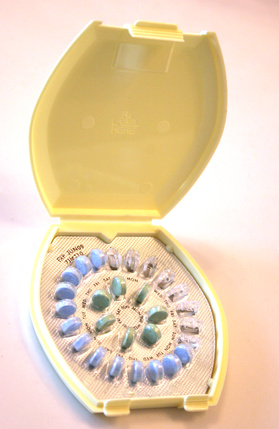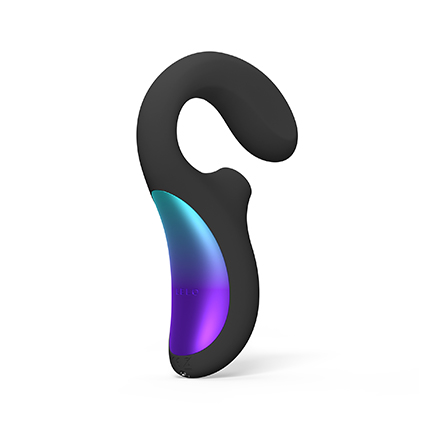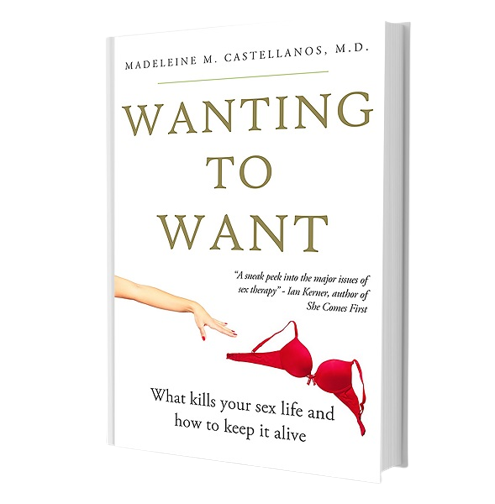Reconsidering Birth Control Pills

So many women have come to use birth control pills (or other forms of hormonal birth control), and certainly they have allowed women the freedom to have a healthy sexual involvement while staying free of pregnancy until they are ready to start a family. But in the recent years, we have learned quite a bit about the secondary effects of birth control pills and how they can adversely affect a woman’s sexuality. Some of these side effects are so serious that I now urge young women to consider just using condoms and leaving the birth control pills behind.
The difficulty with birth control pills is that the estrogens they use increase a protein called Steroid Hormone Binding Globulin (SHBG) that carries most of the body’s estrogen and testosterone through the bloodstream. Only that very small percent of hormone that is not attached to SHBG is free to attach to receptors and have its effect on the tissues of the body. Since hormonal birth control tends to boost the production of SHBG, it ends up binding more testosterone than usual, so the free testosterone that a woman has drops off often to sub-therapeutic levels.
Women frequently find that they have a decrease in their sex drive when they have been on hormonal birth control, and this is almost always due to this decrease in free testosterone. More serious, however, are actual physical symptoms of hormonal deprivation caused by birth control pills. Some women may develop pain during sex due to irritation of the tissues surrounding the opening of the vagina, since these tissues are very sensitive to testosterone and estrogen. Sometimes, a woman can use artificial lube to increase her comfort. But other women may go on to develop vestibulodynia – a chronic and significant pain surrounding the opening of the vagina and the area of the perineum.
The other serious worry is that of blood clots. When the estrogens that are found in birth control pills are processed by the body, the liver creates compounds that increase the clotting of blood. Women that smoke or have had blood clots are advised not to use hormonal birth control. Unfortunately, some women have experienced sudden death from large blood clots that become lodged in the vasculature of the lungs.
Since SHBG levels can remain artificially elevated for even a couple of years after stopping hormonal birth control, women need to seriously consider whether they would be better off just using condoms. Birth control pills do not protect against any sexually transmitted infections, so condoms should be used regardless. It is the hormonal aspect of birth control that needs serious reconsideration.
Dr. Castellanos is a psychiatrist specializing in sex therapy for over 25 years, including treatment with bio-identical hormones, and functional medicine consultations. You can follow her on Instagram at thesexmd, Facebook at The Sex MD, and X at @DrCastellanos.










For petesakes, this posting may be factual however it does nothing to promote use of the most reliable method of contraception.. It’s no wonder I never read of it being on anyone’s regimen anymore.. Instead, I read nothing rather than imagine people fumbling with rubbers.. NO one could ever convince me that with the advanced technology present today, a pill could not be produced for contraception & to eliminate infection / transmission of sexual diseases.. As with many others, this entire concept reeks of politics..
Hi D A…I didn’t really understand your comment. The objective of this post is to point out the hormonal effects that birth control pills can have on a woman, and how that can severely affect some women’s sexual life. So often women get prescriptions for birth control pills, but they have not been explained how it can potentially impact their bodies and their sexual relationships.
Can someone please answer this question: I’ve been on the pill for ten years, developed heavy headaches, brest tenderness, low sex drive and moodswings. (Worsened the older I got 23 now) i decided to get rid of the pill to give my body a break. I have abdominal pain during deep penetration, so much that I will avoid sex! I have abdominal pain since i left the pill a month ago and also had 1 day of vomiting ( a lot!) Is this normal? Should I worry??
Dear Wonder – It sounds like you may have endometriosis happening. The classic symptom for this is pain with deep penetration. Do check out my blog post on endometriosis. I also have a short video on endometriosis as well. Please do ask your Gyn about this because they can check during their exam. I recommend anyone with endometriosis to immediately start an anti-inflammatory diet (no gluten, no dairy, no sugar, no alcohol, no trans fats) to decrease chronic inflammation in your body.